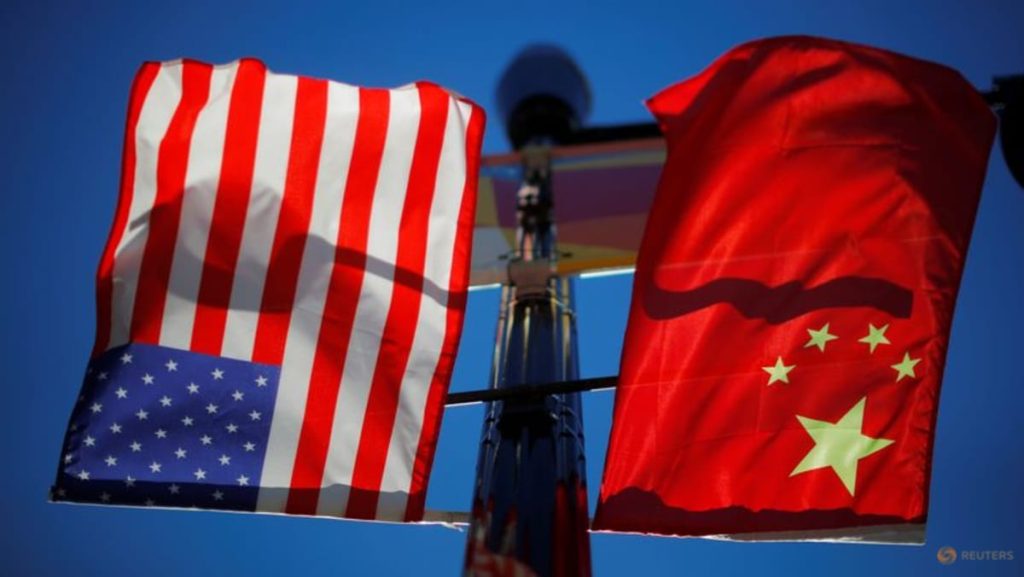The United States is escalating its efforts to decouple from China technologically and economically, driven by national security concerns and a desire to protect American intellectual property. This multifaceted approach involves legislation, executive orders, and regulatory actions targeting various sectors, including telecommunications, drone technology, automotive, and advanced computing. A core concern revolves around preventing American investment from fueling the development of Chinese military capabilities and ensuring that critical US technologies are not exploited by foreign adversaries. This new wave of restrictions signals a significant shift in US-China relations, marking a departure from decades of intertwined economic development.
One key element of this strategy is increased scrutiny of foreign ownership in the US telecommunications sector. Proposed legislation mandates that the Federal Communications Commission (FCC) compile and publish a list of all entities holding FCC licenses or authorizations that have any ownership ties to foreign adversarial governments, specifically mentioning China. This measure aims to provide transparency and enable the FCC to monitor and address potential security risks stemming from foreign influence within US communication networks. This reflects a growing concern about potential espionage and sabotage, particularly given the increasing importance of telecommunications infrastructure in national security.
Furthermore, the US government is targeting specific Chinese companies and technologies. A forthcoming annual defense bill aims to ban the sale of new drones manufactured by Chinese companies DJI and Autel Robotics in the US market. This move stems from concerns about the potential for these drones to be used for surveillance or other malicious purposes. Simultaneously, the Commerce Department is finalizing rules to restrict Chinese automakers from selling vehicles in the US and to bar China Telecom from operating within the country. These actions reflect a broader effort to limit Chinese access to the American market and reduce reliance on Chinese-manufactured products in strategically important sectors.
Another critical component of this decoupling strategy is restricting investment in Chinese technology companies. Lawmakers have criticized major American index providers for channeling billions of dollars from US investors into Chinese stocks, particularly those believed to be contributing to the advancement of China’s military. New Treasury rules and pending legislation seek to prevent such investments in key technological areas, including semiconductors and microelectronics, quantum information technologies, and certain AI systems. The objective is to starve Chinese companies of crucial capital and prevent the development of cutting-edge technologies with potential military applications, such as advanced code-breaking computers and next-generation fighter jets.
The bipartisan support for these measures highlights the growing consensus within the US government about the need to confront the perceived threat posed by China’s technological advancements. Representative Rosa DeLauro, a prominent Democrat on the House Appropriations Committee, emphasized the long-standing concern about American resources and intellectual property bolstering China’s military capabilities. She framed the new legislation as a continuation of the Biden administration’s efforts to protect and rebuild critical national capabilities, underscoring the bipartisan commitment to this strategic shift.
This outbound investment legislation expands upon the existing Treasury order by encompassing additional technologies, including certain AI models utilizing specific semiconductors, AI systems designed for exclusive military or government surveillance, hypersonic systems, and other export-controlled technologies. This comprehensive approach signals a determination to prevent the transfer of sensitive technologies that could contribute to China’s military modernization and challenge US dominance in critical areas. The expanding scope of these restrictions signifies a long-term commitment to decoupling and a recognition of the multifaceted nature of the technological competition between the US and China. This signifies a significant escalation in the ongoing technological and economic rivalry, with potentially far-reaching consequences for the global landscape.









